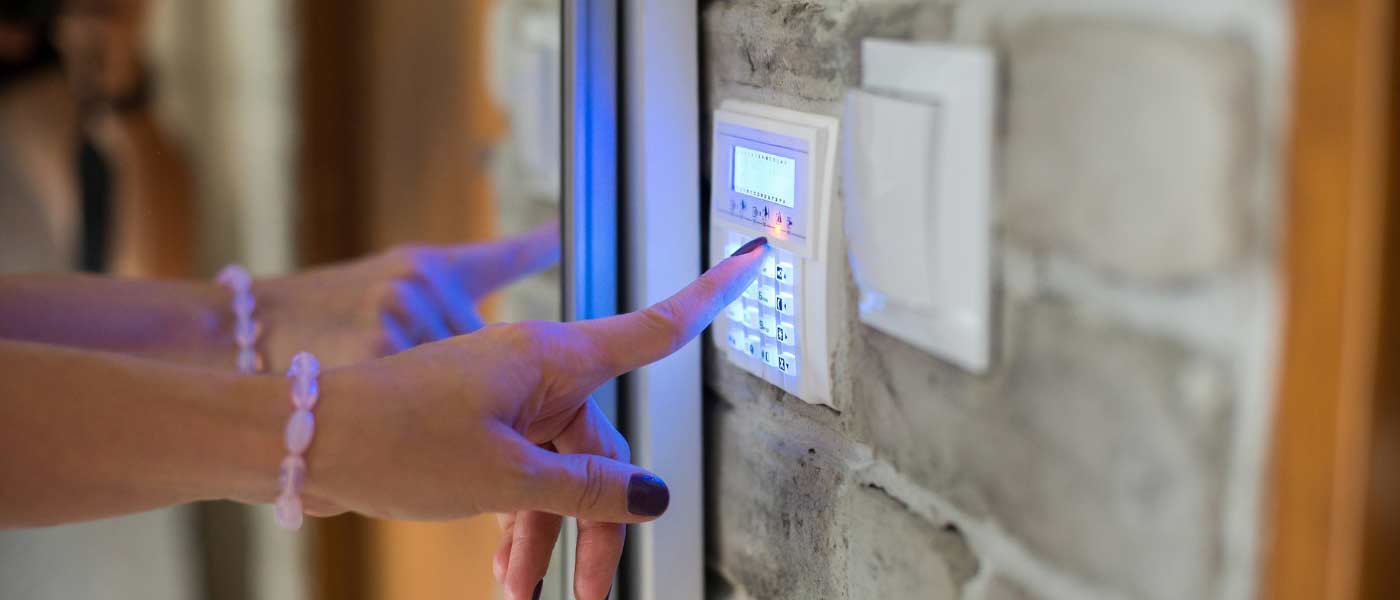1. Weak Locks
Locks are often the first line of defense for your home—but if they’re weak or poorly installed, they can be easily picked or broken. Here’s what you need to know to secure your locks:
- Use high-quality locks that are reinforced with steel. These will secure your doors more effectively than cheaper alternatives, which can be easily pried open.
- If you have a sliding door, use a metal bar or a piece of wood to block the door from being opened. This is quicker and easier than installing an auxiliary lock.
- Make sure your locks are installed properly—even the best locks are vulnerable if they’re not secured in place.
2. Insecure Windows and Doors
Windows offer a major vulnerability and are one of the easiest points of entry for intruders. When you’re evaluating your windows, consider installing window locks. Having a dowel rod in the track of sliding windows can prevent them from being forced open or lifted out. You should also make sure that doors and windows fit tightly in their frames, so there’s no gap that would allow an intruder to use a crowbar to pry it open. A door needs to be a solid core instead of a hollow core so that it can’t be kicked in. If you have glass windows, consider replacing them with laminated safety glass because breaking this type is much more difficult than breaking traditional glass. You should also consider your front door and whether or not it’s secure. Installing a peephole can help eliminate the risk of someone opening your door when they shouldn’t.
3. Insecure Door Hinges
If your home is our house, then the first thing a thief will look for when attempting to break in is the hinges. For starters, always keep the hinges on the inside of your house (or apartment, or condo). If they’re on the outside, it’s a simple matter of removing those small screws and slipping right in.
Secondly, don’t use flimsy screws. Three inches long should be enough. Anything shorter than that can easily be stripped by hand or by using a screwdriver turned in reverse.
Thirdly, if you’re not sure about how strong your home’s hinge screws are or if they’re just plain too short to remove—which can be an issue if you live in a rental property—then consider buying some security hinge pins at your local hardware store.
4. Missing or Damaged Screens
Damaged screens can be an easy way for a burglar to gain entry into your home. Always check that your window screens are in good condition and replace any damaged ones immediately. You can usually replace a screen yourself, or you can contact a handyman to assist you with this task. In addition, make sure that all window screens are present in their windows and do not leave any screen out of the window if it is not being used.
5. Poor Landscaping and Lighting
Good landscaping and lighting can be used as effective deterrents to burglars. They can also turn your home into a haven for criminals. Here are some common mistakes homeowners make when it comes to their lawns and outdoor fixtures:
- Overgrown shrubbery: Bushes that obscure windows or doors from view make great hiding places for someone trying to break into your home.
- Trees near the house: A burglar can easily use a tree branch to reach an upper story window or even climb onto your roof.
